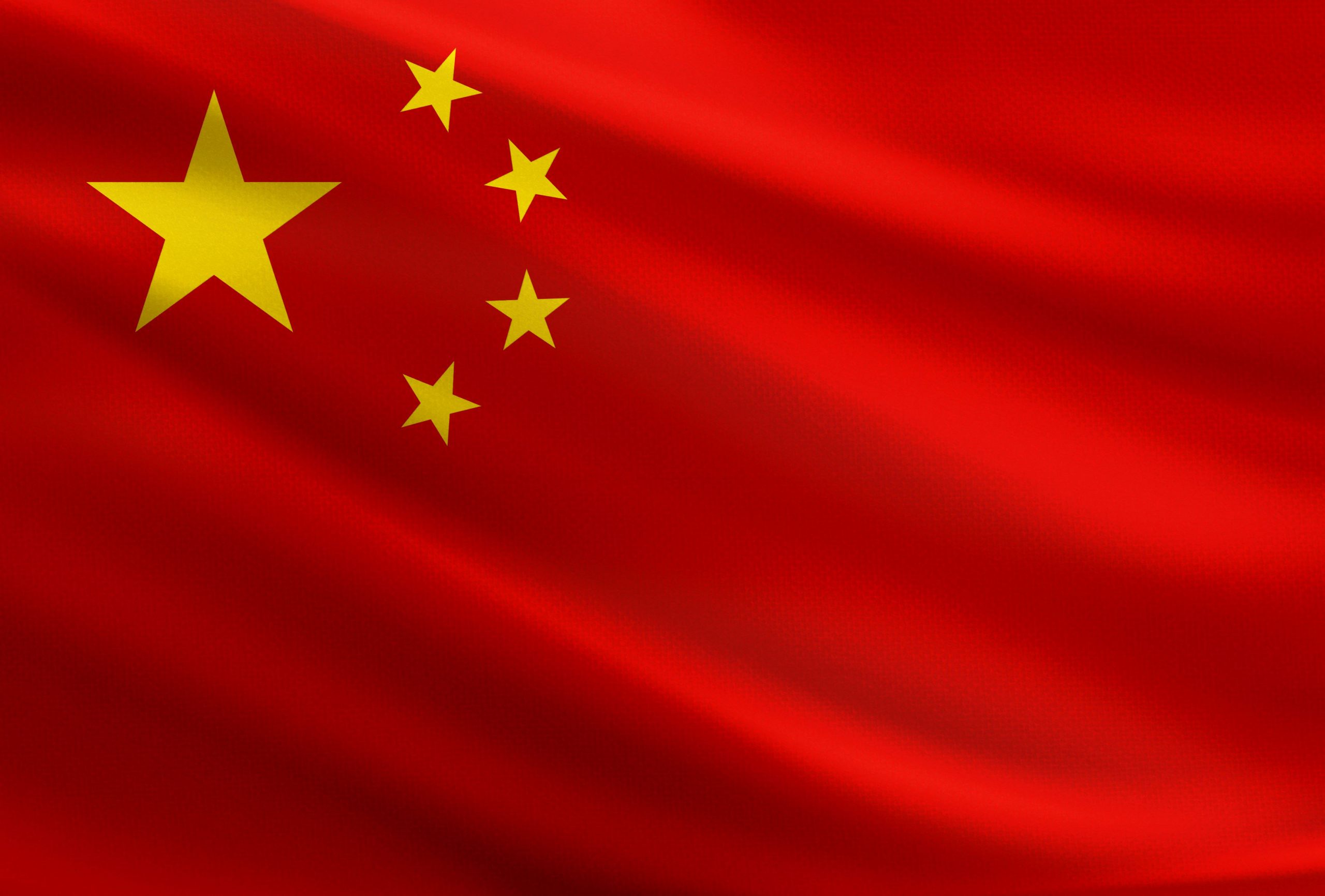The ongoing wars in Ukraine and the Middle East confirm this. In this context, any development that can help bring about relative calm at the global level is welcome. 2023 ended relatively well for Sino-American relations, which are the driving force of international relations. Although the year started badly with the bizarre balloon incident, the remainder played out in a logical fashion. Senior members of the Biden administration including Secretary of State Antony Blinken and Secretary of the Treasury Janet Yellen visited Beijing, paving the way for the meeting of Presidents Joe Biden and Xi Jinping in San Francisco in November.
2023 was also the year in which China returned to normality after the COVID-19 pandemic. After three years of strict restrictions, life became easier for Chinese citizens, but also for visitors to the country. Without mandatory quarantine, travel could resume. This allowed foreign observers to resume their study of China in greater numbers, since conducting research in the country had become extremely complicated in 2020–2022, due to the impossibility of face-to-face contact.
The performance of the Chinese economy is linked to the new conditions that have emerged since the pandemic. Existing problems such as the management of the real estate market, plus efforts by the US and EU to decouple themselves from China both technologically and in terms of investment, have had an impact. Nonetheless, the Chinese economy has now stabilized. The World Bank has forecast 5.2% growth for China in 2023 and 4.5% for 2024. The initial estimate was slightly lower, but was later revised when the Chinese economy performed better than expected. This could well happen again in the months ahead. The Chinese government is implementing a mix of fiscal and monetary policies to ensure economic growth. The investment agency Moody’s doubts that it will succeed, however. It recently downgraded China’s credit rating due to high local debt, prompting an angry reaction from the Communist Party, which pointed out that Chinese central government debt is actually far lower than that of other countries when measured as a percentage of GDP.
China’s foreign policy in 2024 is expected to be characterized by continuity. The outcome of the Joe Biden-Xi Jinping meeting in San Francisco was positive, and it is in Beijing’s interest to maintain the relatively good climate. The major sources of friction between China and the US will remain in place, but how they are managed will be critical. 2024 is, of course, an election year in the US, and as we know China is an issue on which the Democrats and Republicans agree. Although it is in the interest of the Biden administration to avoid a crisis with China in the run-up to the US presidential elections, the tone of the domestic debate on the future of Sino-American relations could well become increasingly aggressive.
China will also work towards improving its relations with Europe in 2024. The Sino-European summit of December 2023 has already shown that there is potential for further cooperation, despite their differences. To facilitate cooperation in tourism, the Chinese government will be implementing a pilot programme in 2024 allowing French, German, Italian, German and Spanish citizens to visit China for two weeks without a visa. Of course, 2024 is an election year in Europe as well as the US, and it is possible that there will be a change in European leadership. However, the outcome of the US presidential election will have an even greater impact on how the EU perceives China.
Greece will continue to monitor developments and strive to keep its harmonious cooperation with China ongoing as far as possible. Prime Minister Kyriakos Mitsotakis visited China last November hoping to boost Greek exports and attract more Chinese tourists, among other things. Since Air China now flies direct from Athens to Beijing three times a week, it would certainly be helpful for Greeks wishing to travel to China in 2024 if Greece were added to the countries in the aforementioned pilot visa programme. The Greek side should certainly look into this in the months ahead.
Generally speaking, the conditions are in place for 2024 to be a year free of surprises in China’s relations with the West. Competition and tensions are expected to continue, but should not lead to a clash. At least, this is the situation 2024 inherits from 2023; however, as pointed out at the start, instability is now the new norm in the international system.
*George Tzogopoulos is Democritus at the University of Thrace and Senior Research Fellow at ELIAMEP
This article is part of the annual Special Edition “ELIAMEP Outlook – Predictions for 2024”, where ELIAMEP’s leading analysts and associates share their predictions for the year ahead. They assess the main challenges, trends, risks, potential opportunities and inflection points of 2024 for Greece, Europe, the Mediterranean and the world.








